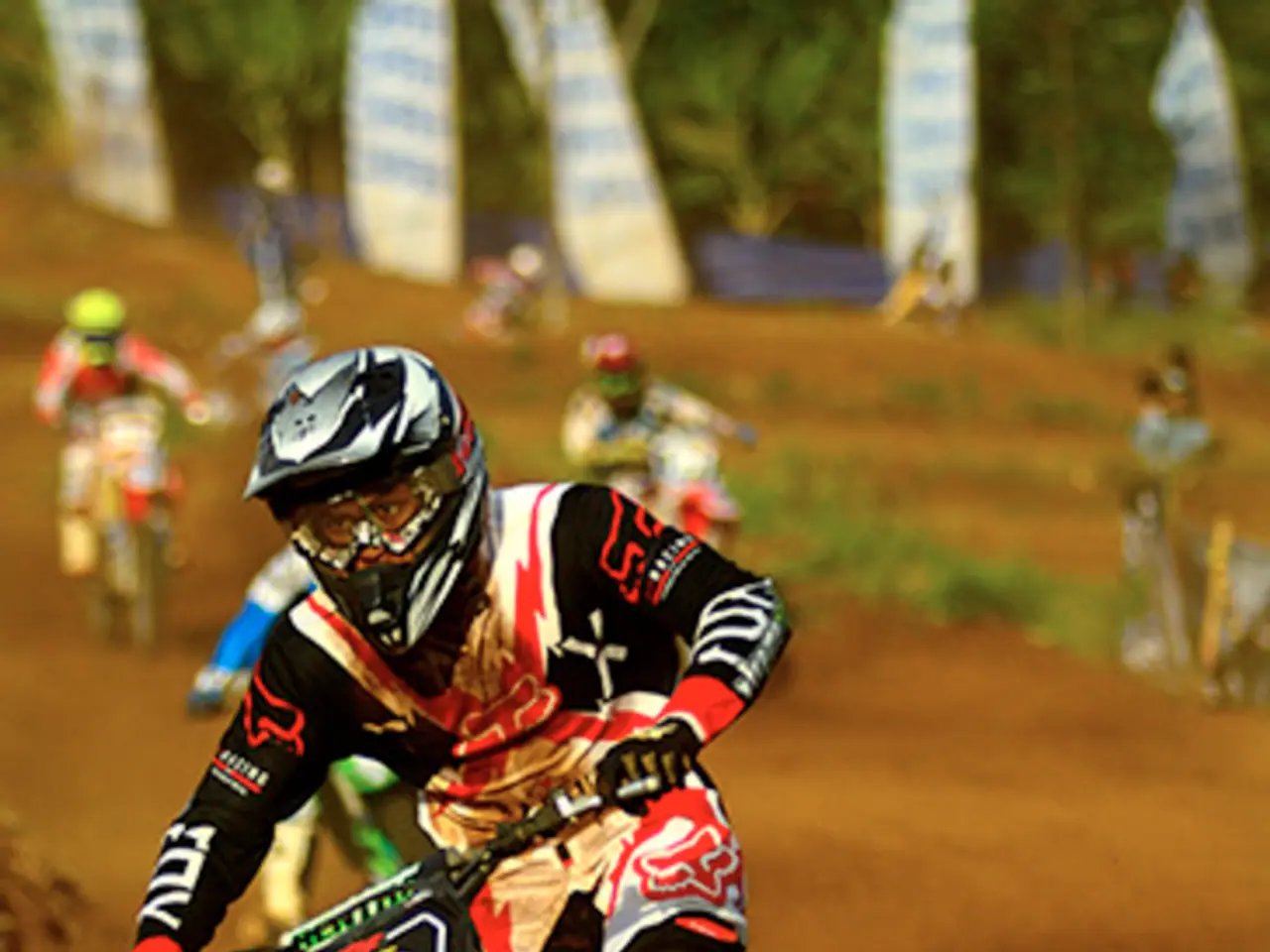In cycling, it's essential to exert one's physical limits. (Sentence attributed to team doctor Gerald Ackerl)
The Tour de France is known for its intense competition and high-risk nature, making the presence of a skilled medical team crucial. This year, the Belgian cycling team Intermarché-Wanty has enlisted the help of a medical crew from Berlin, led by Dr. Gerald Ackerl and colleagues from the accident hospital in Marzahn.
Dr. Ackerl, who is also the head of sports medicine at the hospital in Marzahn and a doctor for the basketball team Alba Berlin, brings a wealth of experience to the Tour de France. He is joined by a team of seven emergency vehicles, a motorcycle, and mobile X-ray equipment, all ready to provide immediate support for the cyclists over the 21 stages.
The collaboration between the Berlin-based medical team and Intermarché-Wanty seems to have arisen through professional networks related to sports medicine and trauma care. The need for such expertise is critical in the high-risk world of professional cycling, particularly during races like the Tour de France.
One of the key concerns for the medical team is the risk of concussion after a crash. There is a UCI protocol with specific guidelines for recognising the risk of a concussion, which includes a brief examination immediately after the accident and a more detailed one later in the hotel room. The assessment checks for signs of concussion, such as confusion, dizziness, or loss of consciousness, and asks about headache, nausea, or balance problems. The main focus of the assessment is on orientation: time and place.
Heat is another significant concern, with procedures to be changed at certain temperatures and the possibility of neutralising the stage if necessary. The first stages of the Tour de France are particularly intense, with a greater risk of crashes due to narrow roads and side winds.
The Intermarché-Wanty team, which includes two professionals from Germany, Jonas Rutsch and Georg Zimmermann, is associated with the German bike manufacturer Cube. The team's junior team also includes Tobias Müller, a promising young rider.
Dr. Ackerl and his team are prepared for these conditions, ensuring they have the same equipment as the previous year to provide good support for the cyclists. In the event of an injury, they bring equipment for immediate wound treatment and wound therapy. Every case of concussion needs to be reported to the UCI, a key point discussed in the meeting of team and race doctors before the Grand Depart.
In the high-pressure world of professional cycling, decisions may need to be made against a rider's will if it's no longer reasonable for them to continue. The value for the team may no longer be as great if someone is heavily loaded, and a private conversation may be necessary to discuss focusing on what comes next.
The presence of the Berlin-based medical team underscores the importance of having experienced medical professionals ready to respond to accidents or health issues in high-profile sporting events involving significant physical risk. Their collaboration with Intermarché-Wanty is a testament to the value of specialist medical support in the world of professional cycling.
- Dr. Ackerl, who is an expert in sports medicine and trauma care, brings a wealth of experience in both medical-conditions and sports to the Tour de France, providing immediate health-and-wellness support for the cyclists.
- The collaboration between the Berlin-based medical team and Intermarché-Wanty in sports-analysis reveals a critical need for such expertise in the high-risk world of professional cycling, especially during intense races like the Tour de France.
- The Berlin-based medical team, equipped with mobile X-ray equipment and emergency vehicles, is prepared to handle various medical issues, including concussions and injuries, demonstrating the importance of having skilled medical professionals in sports, particularly in high-profile events with significant physical risk.




